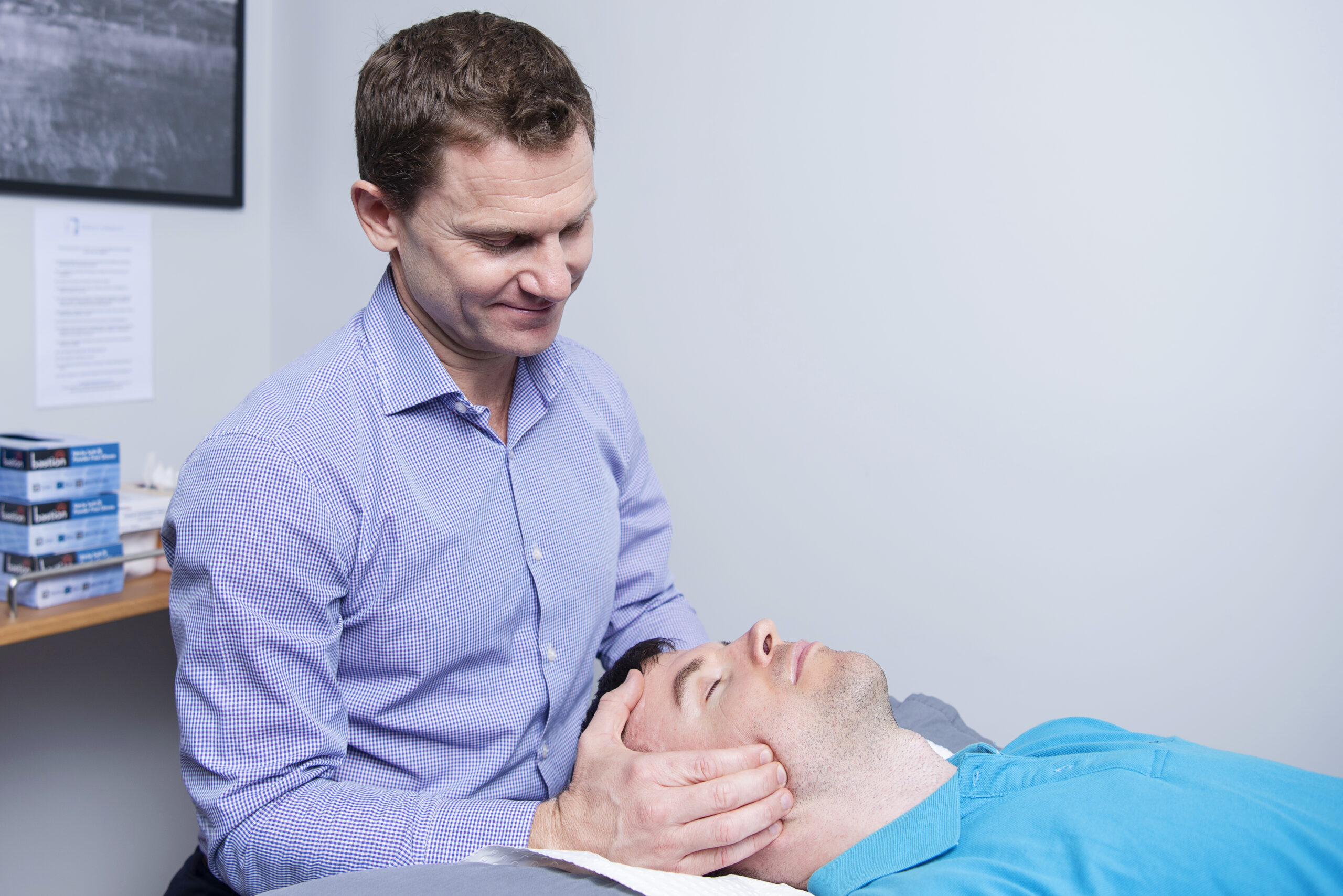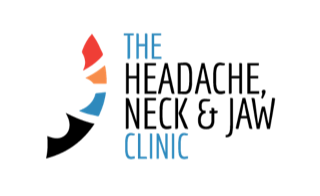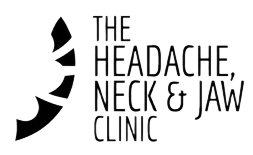A physiotherapist can often help with jaw pain, especially if it is related to issues such as temporomandibular joint (TMJ) dysfunction or muscle tension in the jaw and surrounding areas.
You might not think of physiotherapy when it comes to jaw or facial pain, but we are experts at assessing and treating the musculo-skeletal cause of jaw pain.
About the Temporomandibular Joint (TMJ)
The Temporomandibular joint (TMJ) is one of the most used joints in the body. We use our jaw to eat, talk, yawn and express our emotions. The temporo-mandibular joint acts like a sliding hinge, connecting your jawbone to your skull. Because of its importance and the stressors to which it is exposed, things can go wrong, and it can hurt.
Causes of TMJ Dysfunction
There are many causes of TMJ dysfunction, including:
- Stress and poor posture
- Trauma to the jaw
- Grinding your teeth (bruxism)
- Genetic predisposition
- Arthritis
These factors can irritate the shock absorbing disc inside the jaw and cause it to move out of correct alignment. When this disc is out of alignment some people can experience a clicking and grinding sensation when they open their mouth.
Symptoms of TMJ
TMJ symptoms you may experience include:
- Pain or tenderness of the jaw
- Headache
- Facial pain
- Ear pain, ringing in the ear
- Dizziness
- Difficulty in chewing
- Locking of the jaw
- Locking of the jaw
- Clicking sound or grating sensation when opening the mouth or chewing
TMJ pain is usually the result of compensations over a longer timeline and often is multifactorial, which is why it rarely resolves spontaneously by itself. An accurate assessment of all the structures that can influence pain and range, including the muscles, joints, nerves, neck, jaw and surrounds is the best way to formulate an effective treatment plan to change your pain. Your jaw range of motion is a good predictor of jaw pain.

TMJ Physiotherapy Treatment
In most cases, physiotherapy is an effective treatment to help relieve and resolve TMJ pain and dysfunction.
Physiotherapy for jaw pain may include:
- Passive joint mobilisation
- Muscle releases
- Spinal mobilisation
- Exercises
- Dry needling
- Education and lifestyle advice
No two jaws are ever exactly the same, and a combination of all these techniques is a safe and reliable way to change your pain and opening range. Because of the complex nature of jaw pain, we need to have a holistic approach to treatment, incorporating a wide range of manual therapy, education, and perhaps even other health professionals, such as your dentist.
We can also provide you with guidelines to help control acute jaw pain.
Expert Jaw TMJ Physiotherapists
The Headache Neck and Jaw Clinic specialises in treating jaw and TMJ conditions. We make a full assessment, help relieve initial symptoms, then assist in the recovery of your injury or condition by fixing the problem.
We have vast experience and several clinical outcome measures (such as Range of Motion to Pain Measure) to monitor progress to ensure that you are getting better with treatment.
Your physiotherapist will explain in detail the outcome of your assessment, collaborate with you on the best approach and ongoing treatment, and provide education and exercises to control pain and heal your jaw.
It’s important to note that if your jaw injury and pain is severe or persistent, it’s advisable to consult with a healthcare professional, such as a dentist, GP or an oral and maxillofacial surgeon, to determine the underlying cause. We can work in conjunction with a multidisciplinary team to provide a comprehensive treatment plan.
Read more about the expert TMJ Jaw physiotherapy treatment the Headache Neck and Jaw Clinic provides. If you have jaw pain or are worried about a stiff or clicky jaw, call us today on 07 3266 3389 or book online now.
Other Articles

Scott Cook, a highly respected physiotherapist and co-founder of The Headache, Neck & Jaw Clinic, specialises in treating headache, neck, and jaw conditions. Scott refined his expertise through extensive training, including advanced certification with the Watson Headache® Institute and a mini residency in TMD and sleep medicine.
He collaborates closely with dental and medical specialists and lectures at prestigious institutions like the University of Queensland and Griffith University. Scott’s dedication is evidenced through his academic contributions, including authoring a chapter on pain referral in a clinical manual on dental and orofacial pain. You can read more about my background, here.

